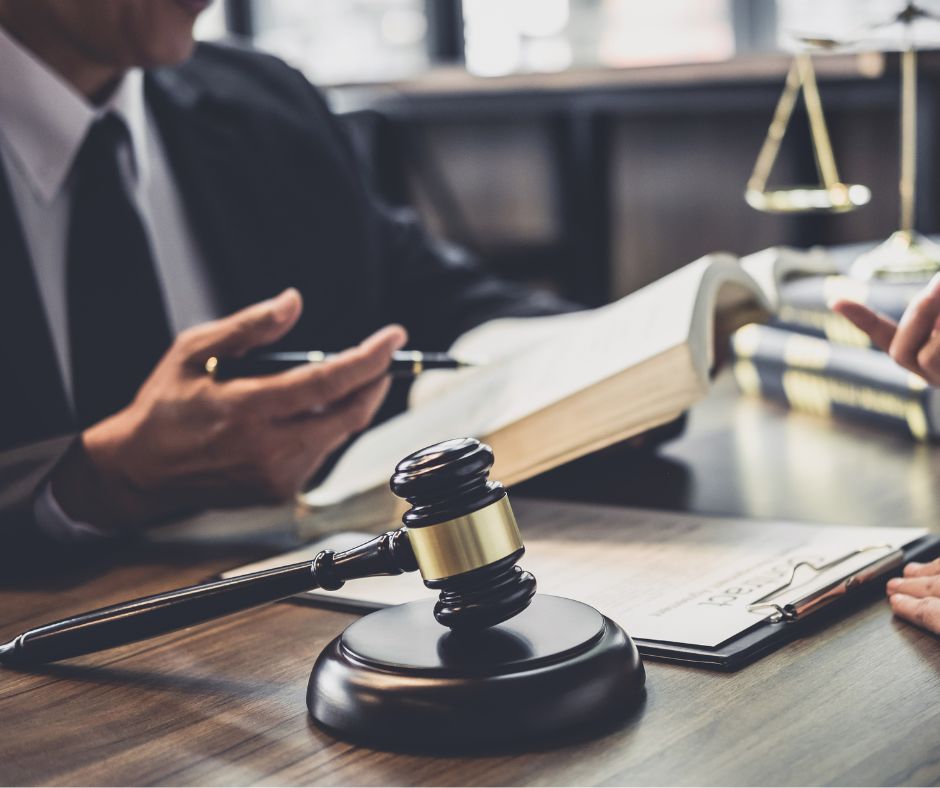
Understanding premises liability and negligence is essential for anyone pursuing legal action for injuries in Washington State. Negligence is a legal concept that involves holding parties accountable for the harm they cause when they fail to take reasonable care to protect others from harm. For example, if you drive your car while intoxicated, you are not only breaking the law, you are acting negligently. Why? Because you have a duty of care to others on the road. And driving while intoxicated breaches that duty of care by endangering others.
Therefore, if you cause an accident and hurt someone while driving under the influence, you could be held liable in both criminal and civil court. Criminal courts could impose jail and other penalties. But in civil court, the victim could pursue compensation for their injuries from you based on negligence.
Premises liability is a specific subset of negligence that applies when a property owner acts in a negligent manner. Therefore, to establish a claim for premises liability, you must meet the elements of negligence. Today, the premises liability lawyers of Brett McCandlis Brown & Conner will discuss the legal doctrine of negligence and how it fits into a premises liability claim.
Premises Liability vs. Negligence: Understanding the Differences in Washington State
As stated, there are many types of injury cases that necessitate proving negligence. There are car accident cases, dog bite cases, workplace accidents, medical malpractice, and wrongful death, just to name a few. The elements of any negligence claim are as follows:
- Duty of care,
- Breach of duty,
- Causation, and
- Damages.
Therefore, for any claim based on negligence, the plaintiff must establish that the defendant had a duty of care, that they breached that duty, that the breach caused the plaintiff’s harm, and that the harm resulted in financial and other losses. These elements are essential to demonstrate that the at-fault party’s actions or inactions directly led to your injuries.
But how does that relate to a claim based on premises liability?
Key Elements to Prove Negligence in a Premises Liability Case
Understanding premises liability vs. negligence is helpful for anyone pursuing legal action for injuries in Washington State. However, the two concepts are not mutually exclusive. In fact, one is a part of the other, as negligence must be proven in premises liability cases. Let’s see how one interacts with the other.
Duty of Care in Premises Liability
In Washington State, property owners have a legal duty to maintain a safe environment for visitors. However, the duty of care varies depending on the status of the guest. When the guest is a business invitee—i.e., there for business purposes that benefit the property owner—the owner owes such guests the highest level of care.
In other words, the owner or occupier must regularly inspect the premises and rectify dangers as soon as they are discovered. For example, a Seattle grocery store must clean up spills quickly to prevent customer injuries. If a customer slips on an unaddressed spill, the store could be held liable under premises liability.
Licensees are more akin to social guests in a person’s home, and they are afforded a little less care than invitees. Generally speaking, for invitees and licensees, the owner must exercise ordinary care to keep the property safe and warn of any hazardous conditions. Owners do not owe trespassers a duty of care. However, owners cannot intentionally harm trespassers.
Breach of Duty
In premises liability cases, a breach of duty occurs when a property owner fails to meet their duty of care. For example, suppose you have social guests over but have a hole in the floor on your patio deck. Suppose the hole is inconspicuous, you do not warn your guests of the potential danger, and a guest falls through the hole and injures themselves. As the owner, you could be held liable for those injuries.
Causation
Causation is a critical element in any negligence claim. To meet this element, you must prove that the breach of duty directly caused you harm. In a premises liability case, this could mean showing that a hazardous condition on the property directly led to your injury.
Damages
Finally, you must prove damages. This involves showing that you suffered physical, emotional, or financial harm or loss as a result of the at-fault party’s actions. Medical bills, lost wages, and pain and suffering are typical examples of damages.
Examples of a Premises Liability Lawsuit
Understanding real-world examples can help clarify the distinctions and applications of premises liability lawsuits. Let’s look at a few examples of the many types of premises liability cases:
- A customer slips on a wet floor in a grocery store that lacks proper warning signs and sustains a severe injury;
- A tenant is injured when a poorly maintained staircase collapses in their apartment building;
- A visitor trips over a broken sidewalk in front of a retail store, resulting in a fractured ankle;
- A child is hurt after falling from a damaged playground structure at a public park;
- A shopper is struck by a falling object from an improperly stacked shelf in a warehouse store;
- A restaurant patron suffers burns when a server spills hot coffee due to the server’s lack of training; and
- A pedestrian gets hurt when an unmarked hole in a parking lot causes them to fall.
These are just a few examples. An attorney can assess your case to see if you have a valid claim.
Have You Been Injured in an Accident on Another’s Property?
If you or a loved one were recently injured in an accident occurring on someone else’s property, the dedicated personal injury lawyers at Brett McCandlis Brown & Conner are here to help. Our attorneys are well-versed in all aspects of personal injury law, including negligence-based premises liability claims.
With more than 40 years of experience handling all types of personal injury cases, our attorneys have the knowledge, skill, and experience needed to obtain the result you’re looking for. To learn more, give Brett McCandlis Brown & Conner a call today or connect with us through our secure online contact form.


